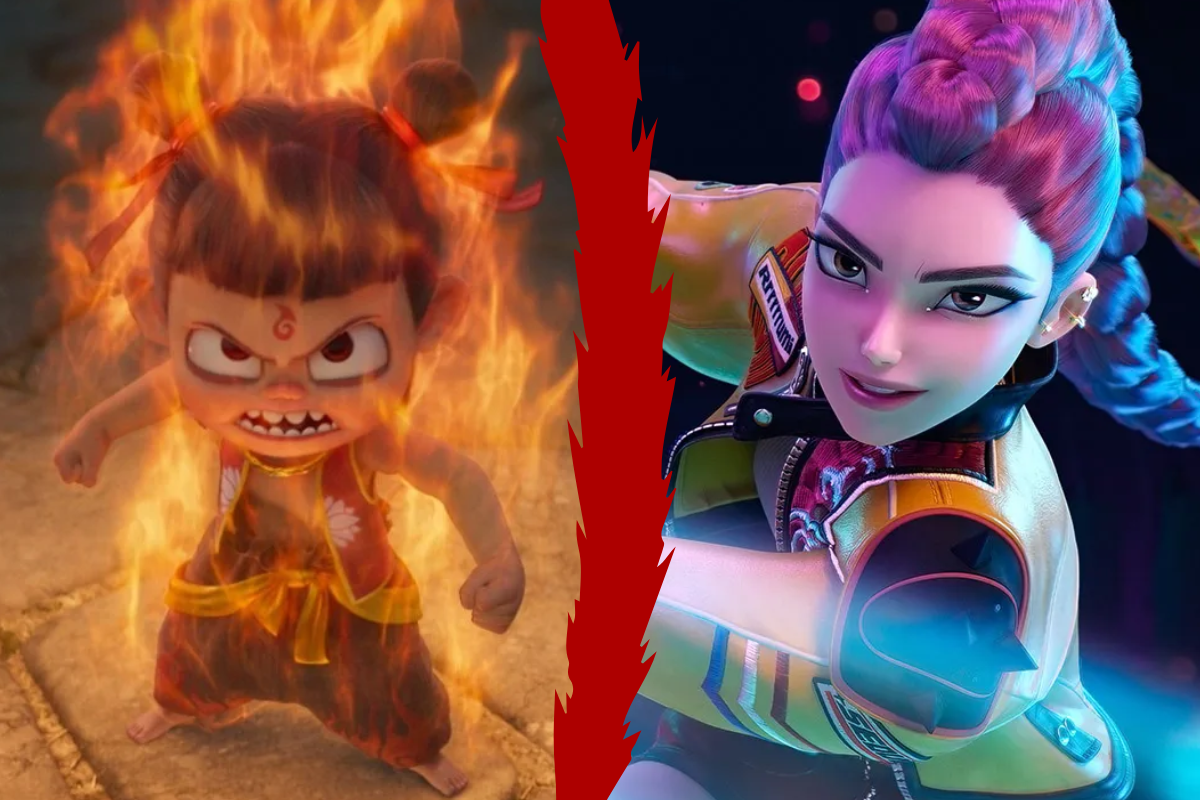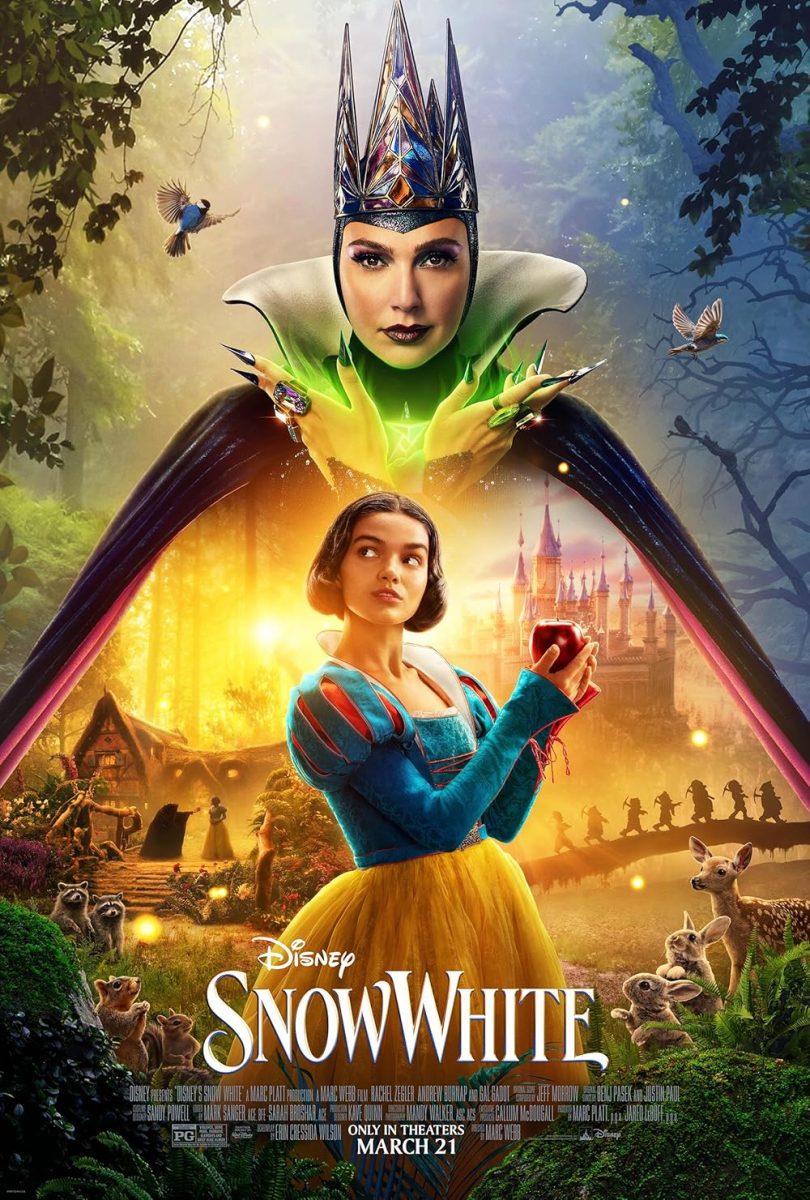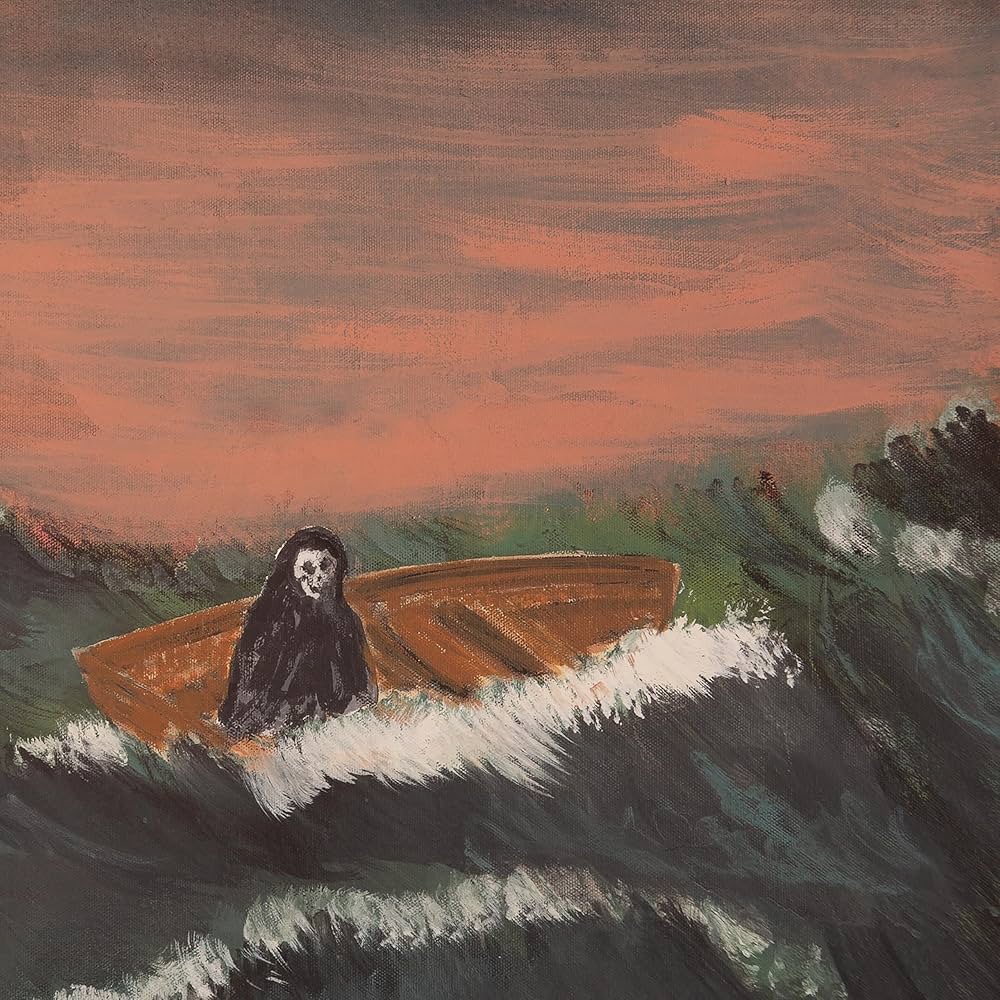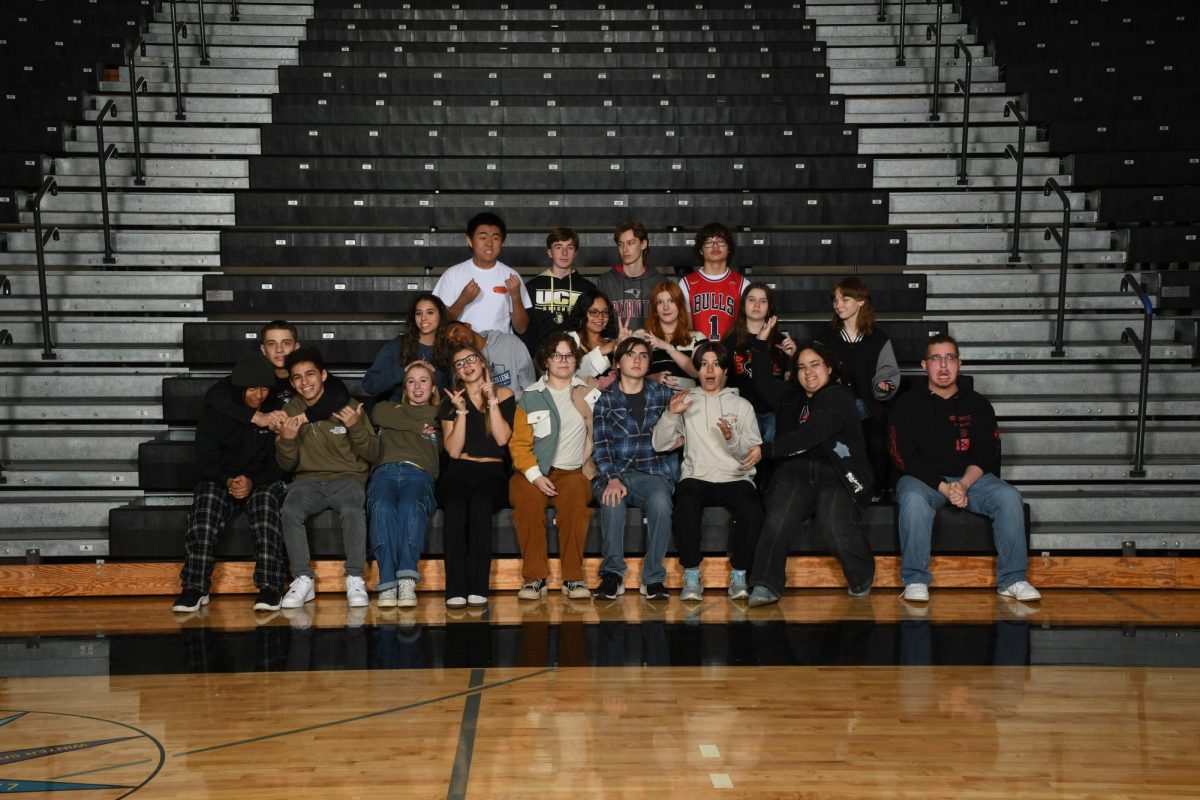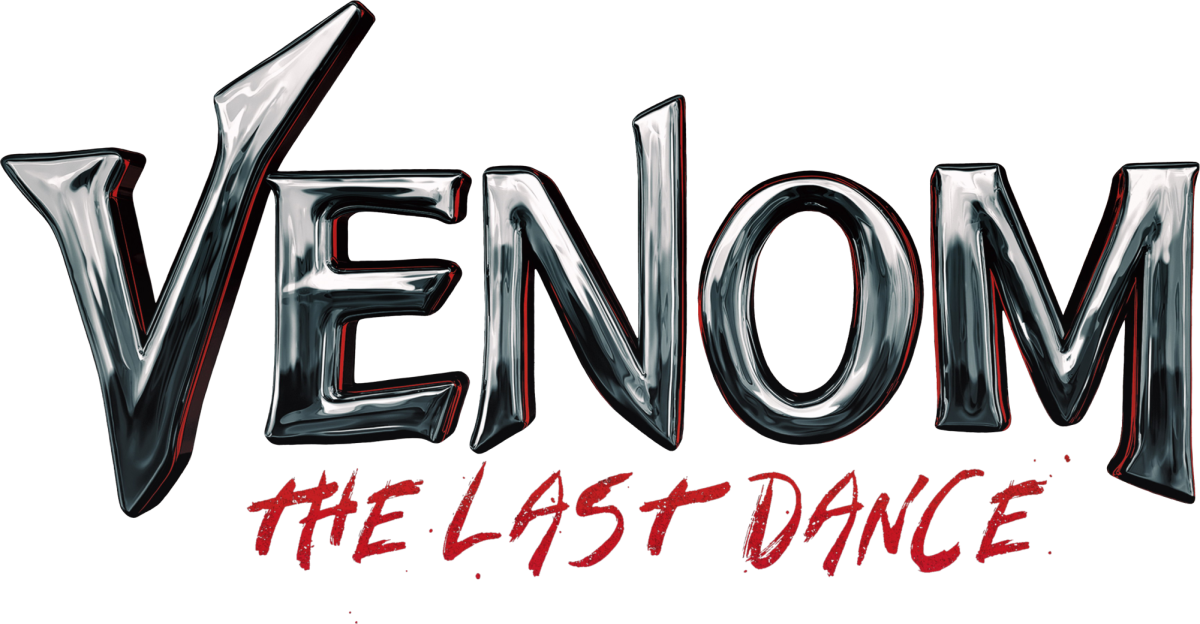“It’s alive” are the famous words shouted by Dr. Frankenstein, but in actuality, ‘it’ has been alive for fifty years! Young Frankenstein boasts its fiftieth anniversary upon the 15th of December, 2024!
Young Frankenstein is one highlight of Mel Brook’s comedic career, and it is not hard to see why. With a cast of comedic legends like Gene Wilder, Marty Feldman, Peter Boyle, and Madeline Kahn, as well as dramatic legends like Gene Hackman acting out the humorous escapades of Frankenstein’s quest to reanimate life, there is a legendary combination of talent and comedy with the ageing qualities of a fine wine.
In the film, a respected medical lecturer by the name of Dr. Frederick Frankenstein (Gene Wilder) is told he now inherits the Transylvanian estate once owned by his grandfather, Victor Frankenstein, the very same man who once attempted to reanimate life within the dungeons of his castle. Once arriving, Frankenstein (pronounced Fronkensteen) convenes with Igor (Marty Feldman) whose grandfather was the assistant of Victor Frankenstein. During the ride to the castle, Frederick meets Inga (Teri Garr), and the ominous Frau Blücher (Cloris Leechman). Despite pathetically attempting to resist it, Frederick eventually follows in his grandfather’s footsteps and follows the aptly named book “How I Did It” to reanimate that which once was dead.
He does so, but unfortunately, the brain Igor chose to inhabit the skull of the body belonged to one “Abby Normal”. So the body of what was supposed to be a genius turns into a monster (Peter Boyle) who confusingly tramples through the town of Transylvania. Each moment where the monster is accidentally terrorizing the town is directly taken from one of the original Frankenstein films, such as the little girl by the lake–who luckily survives this encounter with the monster. And a blind old man (Gene Hackman) who attempts to show the monster kindness, but is hindered by his lack of vision.
The film plays as a wonderful tribute to the original 1931 film Frankenstein, which is one of the classic Universal horror pictures. The production team was also able to acquire the original lab props from the aforementioned film, so everything that is in Frederick Frankenstein’s laboratory is from the original film, where it was utilized by Colin Clive’s Victor Frankenstein to reanimate Boris Karloff’s monster.
But unlike in the original story, not only does Frederick manage to find love for the life he created (thus preventing another tragic series of events), but he also manages to give the monster proper mental faculties in order to make him the genius he was always meant to be. This happens after he finally accepts the mantle as the successor of his grandfather (and acknowledges his name is pronounced as Frankenstein) instead of just following in his work. He improves over all of the flaws that his grandfather had, and ensures that this time, the life that he gives will enjoy it, and not suffer through life as that which was reanimated by Victor had.
As with all of Mel Brooks’ films, there are valuable messages hidden beneath the humor. Notably, Brooks’ film Blazing Saddles was a critique of racism evident in both American society and western films, and in this film, there is the critique of expectations-especially ones you place upon yourself. Frederick Frankenstein wanted anything but to live up to the Frankenstein mantle, and take part in the horrible experiments that his grandfather took part in years before. But when he eventually does, he exceeds the expectations that Victor set when he neglected the creature, and even finds a way to integrate the creature into the society of the town, causing him to shake the hands of the police inspector who was hunting him earlier.
The film, while also caked in comedy gold, is a study into making up for the sins of the father, which is a theme that many who watched it could have related to. It is a brilliant message that the expectations that were set by a relative of yours, are not the same expectations you must build your life around.
For fifty years, these poignant messages have captured the attention of audiences. The film is timeless in its humor and message, that surely it shall be enjoyed for decades to come!


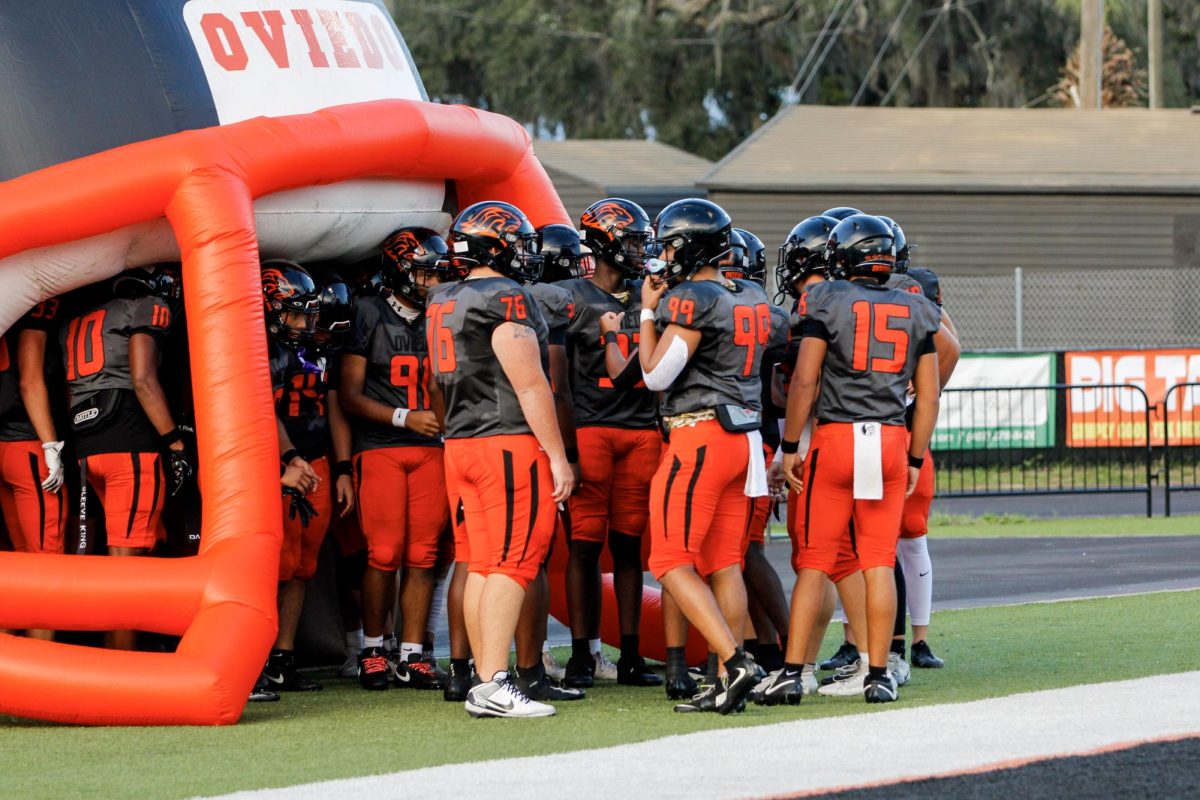

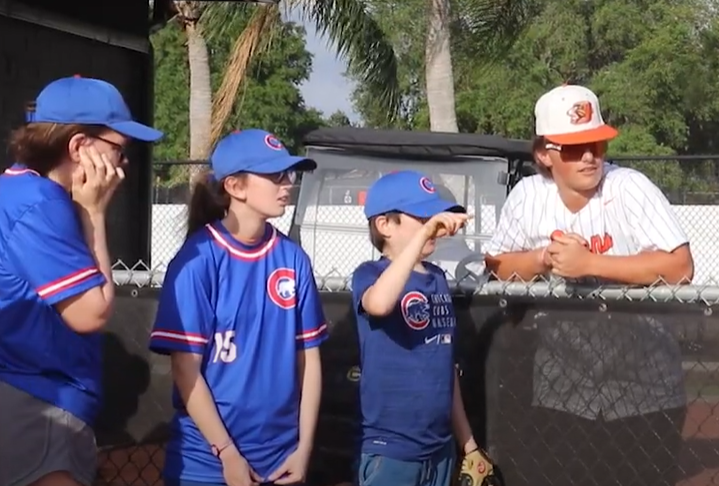

![Prom king Colin Napier and queen Leah Hopkins dance the night away during the Golden Gala on April 26th. Prior to the prom, the Student Government must make many preparations over the course of months in order to ensure it goes off without a hitch. However, their work eventually pays off when it comes time for the dance. “We set up [the prom] the day before, and it’s horrible. We’re there for a very long time, and then we get our beauty sleep, and then we get ready for prom the next day,” Aubrie Sandifer said.](https://oviedojournalism.com/wp-content/uploads/2025/05/Oviedo-197-800x1200.jpg)






